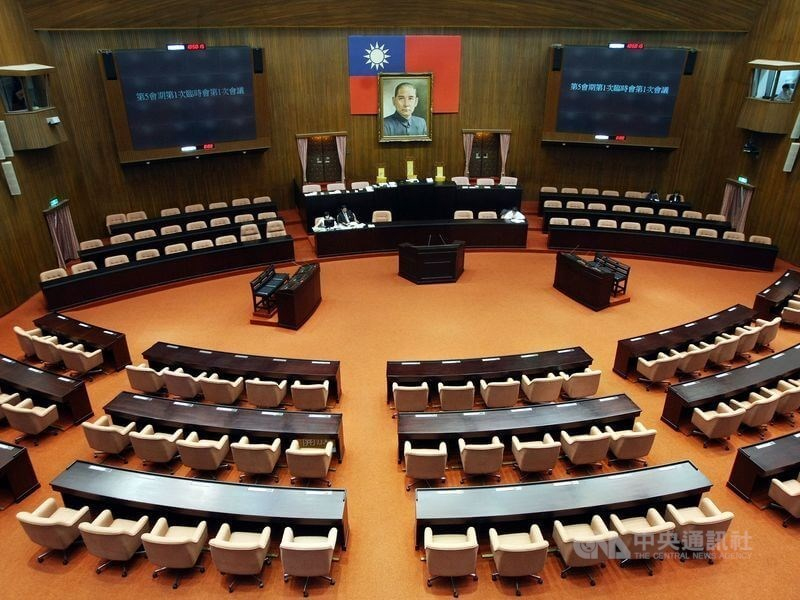Taiwan’s Legislative Yuan has passed landmark legislation that grants four new national holidays to the general public and extends Labor Day benefits to public sector employees. The move, backed by the opposition Kuomintang (KMT) and Taiwan People’s Party (TPP), was passed in a narrow 57–50 vote and is poised to significantly reshape the country’s holiday calendar — and work culture.
📰 What the New Law Changes: Key Takeaways
Under the Act on the Implementation of Commemorative and Festival Holidays, the following dates are now national holidays:
- Day before Lunar New Year’s Eve
- Confucius’ Birthday (Sept. 28) – Celebrated as Teachers’ Day
- Taiwan Retrocession Day & Battle of Guningtou Anniversary (Oct. 25)
- Constitution Day (Dec. 25)
Additionally:
- Labor Day (May 1) is now a paid holiday for public sector workers, not just private-sector employees.
- Indigenous peoples’ holidays are expanded from 1 to 3 days, with tribes allowed to select dates based on tradition.
🎯 Why This Matters: Original Insight and Impact Analysis
This legislation isn’t just about extra time off — it reflects a deepening recognition of cultural, historical, and labor rights:
1. Revisiting Suppressed History
- Retrocession Day (Oct. 25) marks the end of Japanese rule in Taiwan (1945), and the Battle of Guningtou honors a key 1949 victory against Communist forces — dates historically cherished by conservatives but de-emphasized in recent years. Their restoration may signal growing nationalist sentiment or an effort by opposition parties to reclaim traditional narratives.
2. Restoring Confucian Values
- Teachers’ Day returns as a public holiday, reaffirming Confucian respect for educators — a core of Taiwan’s cultural fabric.
3. Democratizing Labor Rights
- For decades, public servants were denied Labor Day rights, unlike their private-sector counterparts. This extension corrects a long-standing inequality and aligns Taiwan with international labor standards.
4. Indigenous Autonomy Recognition
- By allowing Indigenous groups to define their own holidays, Taiwan takes a step toward greater cultural respect and autonomy, possibly setting a precedent for future decolonial policy changes.
🏛️ Political Background
The passage of the bill follows months of legislative deadlock. Lawmakers couldn’t agree on which dates should be recognized, leading to failed negotiations on March 31, April 30, and May 8. Eventually, the KMT and TPP used their majority in a floor vote to push the bill through.
The ruling Democratic Progressive Party (DPP) largely opposed the measure, arguing that adding multiple holidays without labor reform or economic impact assessments could burden businesses and public services.
🧮 Economic & Work-Life Impact
Adding four holidays increases the annual national holiday count from 12 to 16 — bringing Taiwan closer to Japan (16), South Korea (15), and China (16). For employers, it means:
- More paid leave obligations
- Rescheduling challenges for logistics, production, and government services
- Potential productivity dips, though offset by employee morale boosts
Some business groups have voiced concern, urging future adjustments like flexible make-up workdays or incentives for working on holidays.
📅 When Will This Start?
The law takes effect as soon as it is promulgated by the president, meaning:
- Sept. 28 (Teachers’ Day)
- Oct. 25 (Retrocession Day)
- Dec. 25 (Constitution Day)
could become official days off in the second half of 2025.
📚 FAQs
Who benefits from this new law?
All workers in Taiwan, both in the public and private sectors, will benefit — including Indigenous communities, teachers, and government employees.
Is this the first time Teachers’ Day is a holiday?
No, it used to be a public holiday, but it was removed from the official list in 2000. This bill restores it.
How will Indigenous holidays be selected?
Each tribe can choose up to three days based on their customs. These must be reported to local authorities for coordination.
Will this create more long weekends?
Yes, particularly during Lunar New Year. The break may now last up to 7 days, increasing opportunities for travel and family reunions.
Is there backlash against the bill?
Some DPP lawmakers and employers have criticized the lack of economic evaluation. There’s also concern over politicizing holiday designations.


